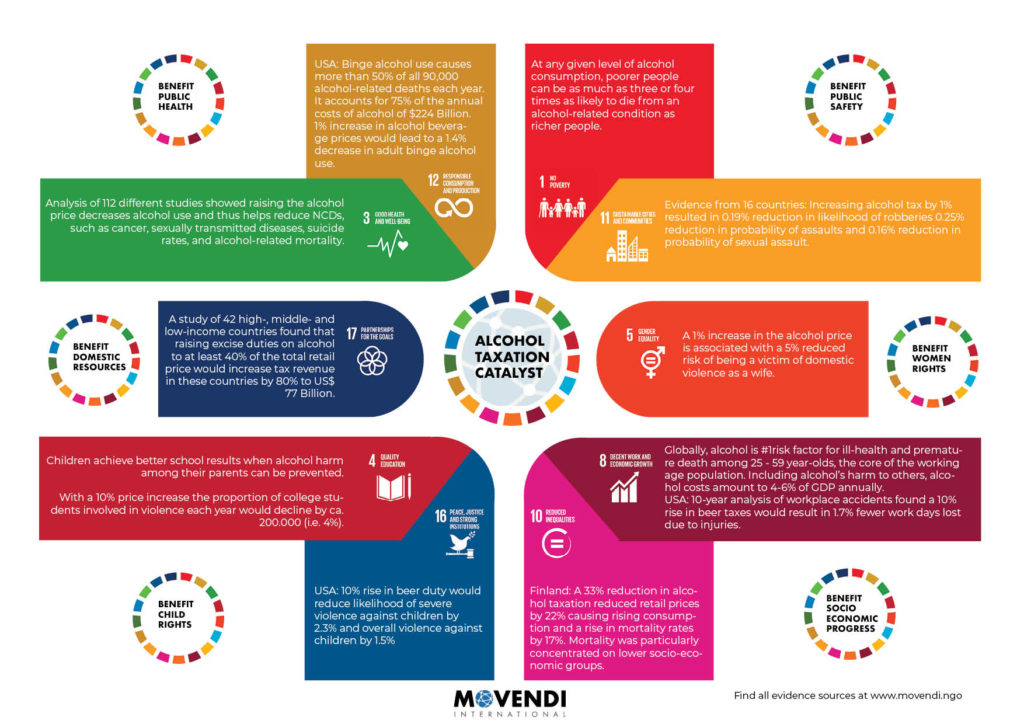According to the World Bank, Nigeria stands to earn N600 billion (US$ 1.46 billion) by increasing their alcohol taxes.
According to Rajul Awasthi a senior tax specialist of the World Bank, Nigeria has one of the lowest excise duty rates on alcohol and tobacco in Africa. The duty rate on cigarettes is even lower than the standard set by the Economic Community of West African States (ECOWAS).
The world bank’s advise to Nigeria is to adopt excise taxes for alcohol and tobacco according to Kenyan rates or ECOWAS standards.
So, if Nigeria were to adopt the same rate of excise duty that Kenya has adopted, they can raise a significant amount of revenue,”said Rajul Awasthi, senior tax specialist, the World Bank, as per Punch.
Similarly, if they are to adopt ECOWAS, a standard, that will also raise the revue significantly. What is more important is that these two sources will not impinge on consumption growth; in fact, these [are] harm goods. So, taxing them is actually good from the health perspective.”
Rajul Awasthi, senior tax specialist, the World Bank
Alcohol laws in Kenya are working to benefit Kenyan citizens. Per capita alcohol use in Kenya is among the lowest in sub-Saharan Africa. The success of Kenya in preventing and reducing alcohol harm is in part due to effective taxation. In 2017, the government increased the tax on liquor by 14.3% and raised the duty on low-cost beers such as East African Breweries’s Senator Keg. The increase led to Sh39 billion tax revenue to the government which is a 105% increase from 2012.
Kenya raised taxes for alcohol and tobacco in the 2019-2020 budget as well. The revenue from tax increases are invested in Kenya’s Big Four Agenda. Universal Health is one of the focus points of the agenda.
Movendi International has long been advocating for alcohol taxation as a key policy solution to achieve development for all.
- Movendi International has produced a resource to illustrate the benefits of alcohol taxation across multiple Sustainable Development Goals.
- Movendi International has produced advocacy material to raise awareness of alcohol taxation’s critical role to build sustainable health systems and achieve universal health coverage.

Movendi International’s 2015 report on alcohol taxation concludes: Alcohol taxation is a triple-win measure for increasing fiscal space, boosting health promotion and financing sustainable development.
Following the evidence, an effective alcohol taxation model such as in Kenya stands to protect Nigerian communities from the harm caused by products and practices of the alcohol industry.
